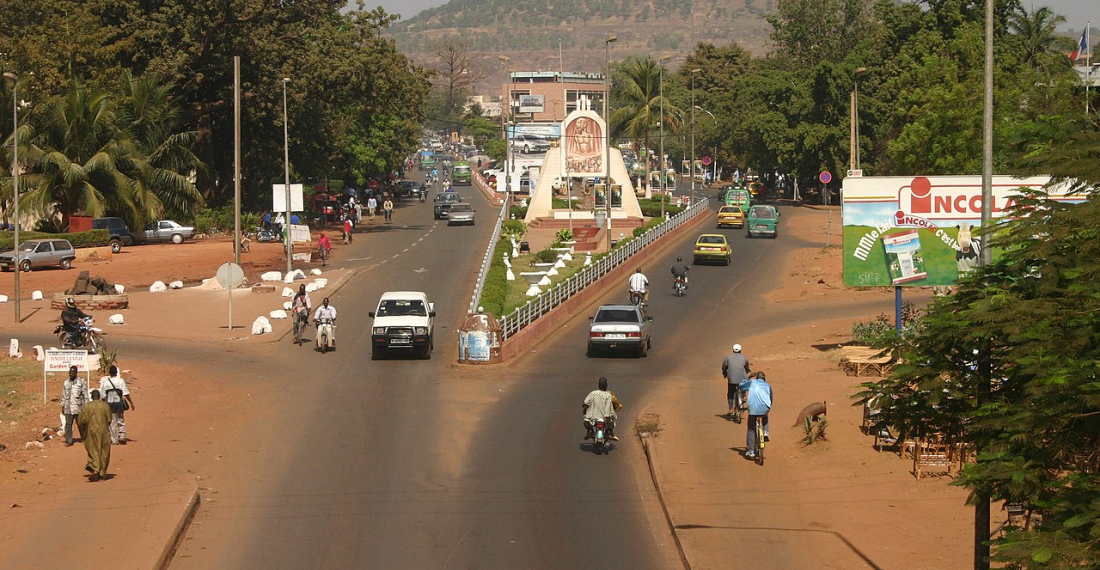Mali on Wednesday (20 December) summoned the Algerian Ambassador in Baku for a diplomatic demarche following what it called “interference” and “unfriendly acts” related to meetings between Algerian officials and Tuareg separatists.
Algeria is the main mediator in efforts to return peace to northern Mali following an agreement signed in 2015 between the Malian government and predominantly Tuareg armed groups.
The Algerian ambassador was summoned “to raise a strong protest” from Mali “following recent unfriendly acts by the Algerian authorities, under the guise of the peace process in Mali,” the Malian Ministry of Foreign Affairs said in a statement.
Bamako criticized “recurrent meetings, at the highest levels in Algeria, and without the slightest information or involvement of the Malian authorities... with people known for their hostility to the Malian government.”
The Malian government sees “these acts as constituting interference in Mali’s internal affairs” which “are likely to damage good relations” with Algiers, the statement said.
Mali has been ruled by a military junta since August 2020.
Fighting between the separatists and Mali government troops broke out again in August after eight years of calm as both sides scrambled to fill the vacuum left by the withdrawal of UN peacekeepers. Some leaders of Tuareg separatist groups currently live in Algeria, according to the heads of their movements.






